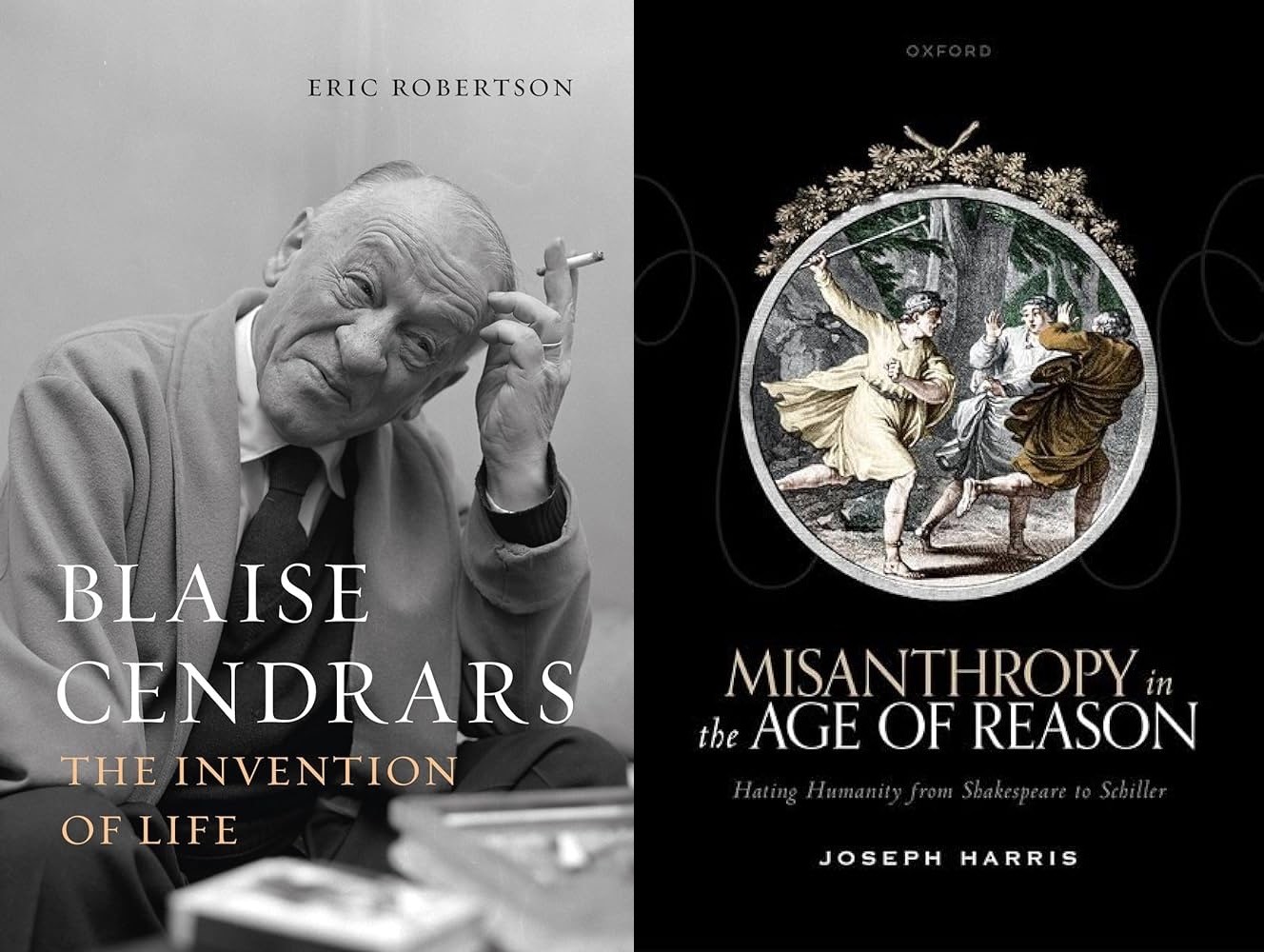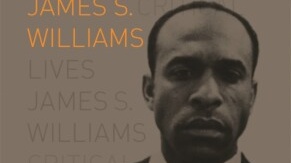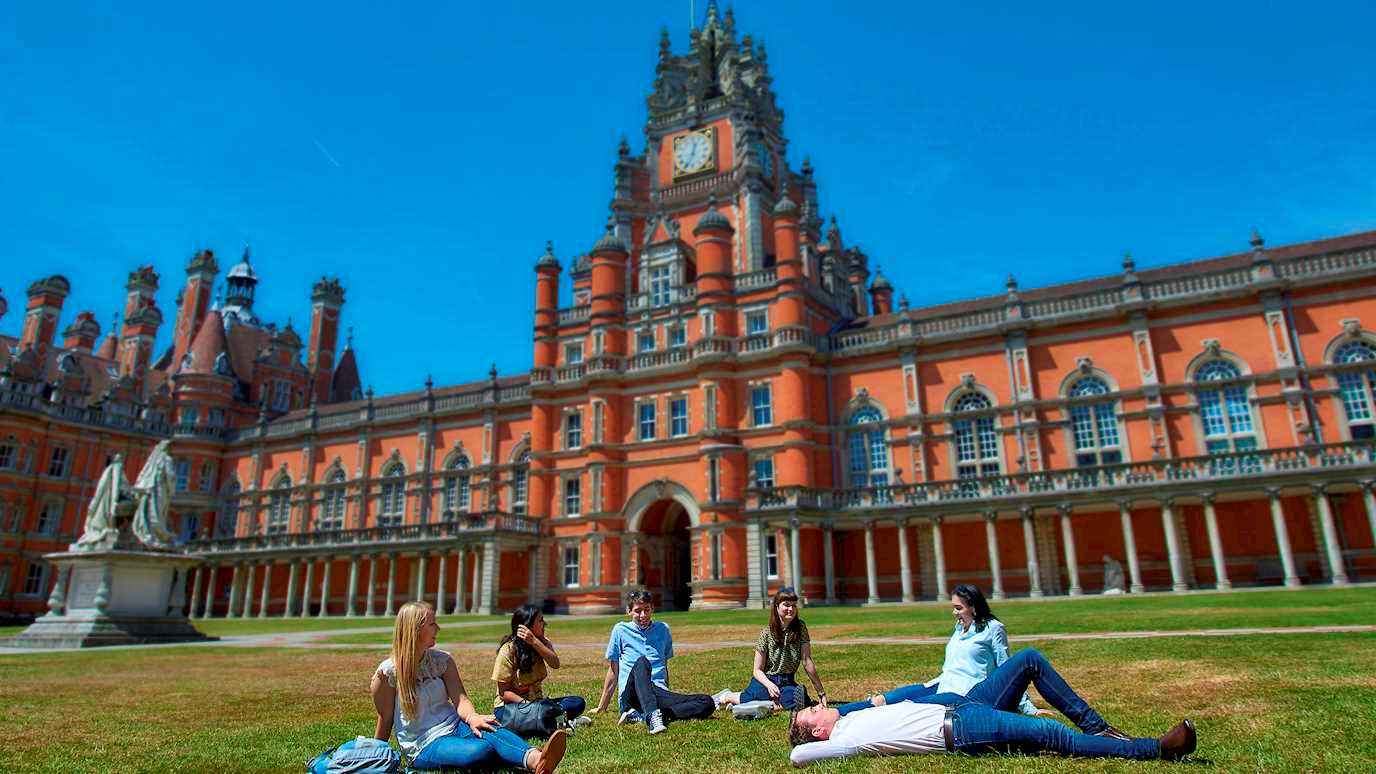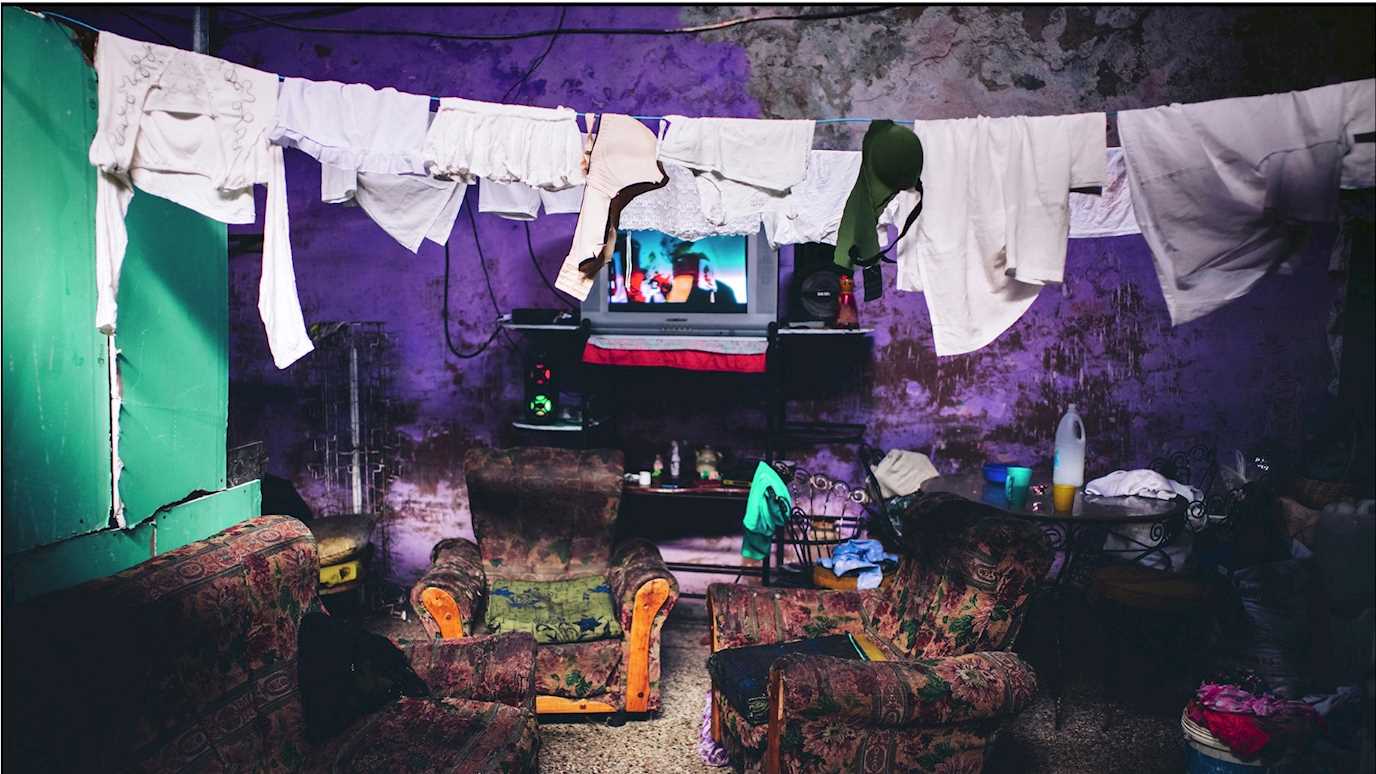At first glance the word "motherhood" has a clear meaning, but the concept of motherhood has been fluid throughout history. A new book from Dr Emily Jeremiah and Professor Abigail Lee Six from the School of Modern Languages, Literatures and Cultures explores the representation of motherhood in modern culture, and how that shapes people's understanding of what it means to be a mother.

Attendees enjoy the launch of Motherhood in Literature and Culture (picture courtesy of Andrew Mitchell)
Dr Emily Jeremiah said: "Our book deals with a range of topics including pregnancy and birth, family, social policy, and lived experience. We were looking to provoke a debate about what mothering is, and what it means. It's a complex and contested issue in research, as well as more generally in the public domain, which is why we felt it was so important to examine the topic from an interdisciplinary standpoint."
Motherhood in real life
Motherhood in Literature and Culture: Interdisciplinary Perspectives from Europe is a collection of essays that explores how motherhood is represented in modern culture. Looking at examples from across Europe, the book examines how representations affect the ways in which people negotiate motherhood as both a concept and an experience. As well as representations in literature, the book also includes essays that examine representations of motherhood in philosophy, art, social policy, and film.
"There are things we 'know' that we get from books, TV, or the internet – from ‘culture’ - but how does that knowledge affect us?" says Dr Emily Jeremiah.
"There's a pervasive idea that babies 'learn' to sleep through the night, and that parents being woken up multiple times in the night by their children only lasts a few months, say. In reality, that’s not what happens – parents can suffer from broken sleep for years. How does the difference between that expectation and the reality affect people's experience of motherhood? It's those kinds of questions we were looking to explore."
Launching in London
At the official launch of the book, held in London's Freud Museum, renowned journalist Yasmin Alibhai-Brown chaired a panel discussion looking at questions of class, power, and privilege, as well as the tension, or perceived tension, between mothering and creativity. It also explored the potentially crucial role of literature and the arts in shaping debates about mothering.
Edited by Dr Emily Jeremiah, Professor Abigail Lee Six, Dr Victoria Brown, Dr Adalgisa Giorgio and Professor Gill Rye, Motherhood in Literature and Culture: Interdisciplinary Perspectives from Europe is available now. Listen to the launch event discussion or find out more about the book.
Learning more at Royal Holloway
Find out more about the study of Comparative Literature and Culture, or the modules on the construction of gender as part of a Modern Languages degree in The School of Modern Languages, Literatures and Cultures.
























